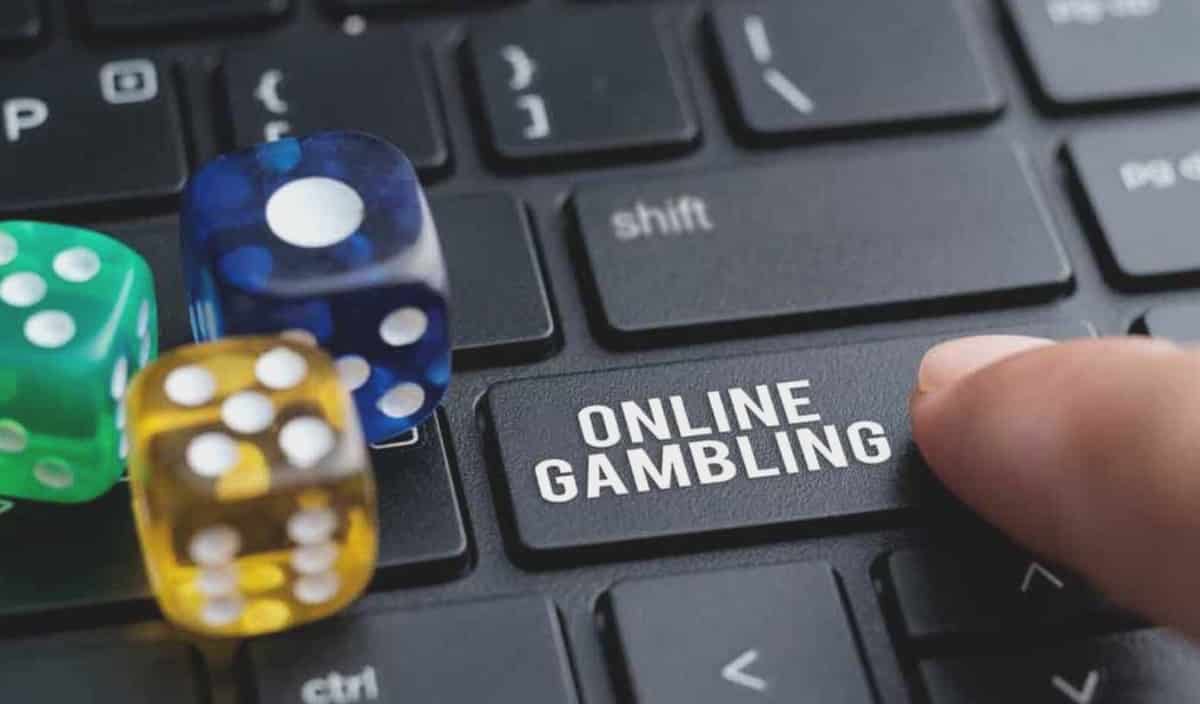
Gamble with Caution: Recognizing the Signs of Addiction
In the world of gambling, the thrill of the game can often overshadow the risks involved. What begins as harmless entertainment can quickly spiral into a compulsive habit, leading to financial, emotional, and psychological distress. Gambling addiction, also known as compulsive gambling or gambling lux88togel, is a serious condition that affects millions of people worldwide. Recognizing the signs of addiction is crucial for intervention and support. In this blog post, we delve into the intricacies of gambling addiction and highlight key signs to watch out for.
Understanding Gambling Addiction
Gambling addiction is characterized by an uncontrollable urge to gamble, despite negative consequences. Like other forms of addiction, it hijacks the brain’s reward system, leading individuals to seek out the thrill of gambling at the expense of their well-being. Whether it’s betting on sports, playing casino games, or buying lottery tickets, the allure of a potential windfall can be irresistible for those struggling with addiction.
Signs of Gambling Addiction
- Preoccupation with Gambling: Individuals with a gambling addiction often obsess over gambling-related activities. They may spend a significant amount of time thinking about past gambling experiences, planning future bets, or researching odds and strategies.
- Inability to Control Gambling Behavior: One of the hallmark signs of addiction is the inability to control the urge to gamble. Despite promises to stop or cut back, individuals find themselves repeatedly succumbing to the temptation to gamble.
- Chasing Losses: A common behavior among problem gamblers is the tendency to chase losses. Instead of accepting defeat and walking away, they continue to gamble in hopes of recouping their losses, often leading to even greater financial setbacks.
- Increasing Bet Amounts: As tolerance builds, individuals may find themselves needing to bet larger sums of money to experience the same level of excitement or satisfaction. This escalation in bet amounts can quickly spiral out of control, exacerbating financial problems.
- Neglecting Responsibilities: Gambling addiction can take a toll on various aspects of life, including work, relationships, and personal responsibilities. Individuals may neglect work duties, miss important events, or withdraw from social interactions in favor of gambling.
- Borrowing Money to Gamble: Desperate to fuel their addiction, some individuals resort to borrowing money from friends, family, or financial institutions. This behavior can lead to strained relationships and mounting debt.
- Mood Swings and Irritability: Gambling addiction often coexists with mood disorders such as depression and anxiety. Individuals may experience mood swings, irritability, and agitation, particularly when unable to gamble or facing financial losses.
- Continuing to Gamble Despite Negative Consequences: Despite experiencing financial hardship, relationship problems, or legal issues as a result of gambling, individuals with addiction continue to prioritize gambling over other aspects of life.
Seeking Help and Support
If you or someone you know exhibits signs of gambling addiction, it’s essential to seek help and support. Gambling addiction is a treatable condition, and there are numerous resources available for support and recovery. Professional counseling, support groups, and specialized treatment programs can provide individuals with the tools and strategies needed to overcome addiction and rebuild their lives.